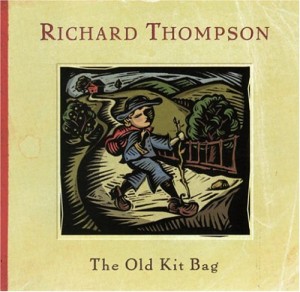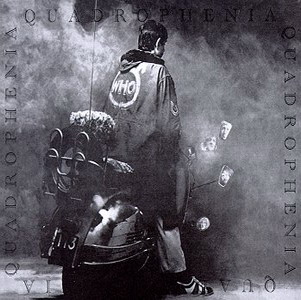
Richard’s first album of the century found him in a small label for the first time in more than two decades, and the record itself was to have a streamlined approach, with few musicians and a sound that was far removed from the layered approach that had marked/marred his 90s output. Perversely enough, the new formula worked quite magically – the record hit the Billboard Top 200, and the top 5 of the Indie charts. The truth is producer John Chelew came closer to capturing Richards’ rotund live sound than virtually anybody else – for sure much closer than Mitchell Froom.
The title of the album references a World War I song, as it is only fit since the record has a conceptual tinge of boys that grow to become soldiers only to be hit by the intricacies of destiny and the egotism and apathy of the adult world – “the fire in your eyes/how could they know”, Richard sings on the set opener, the fiercely beautiful “Gethsemane”. The first side of the record also has the Celtic-styled “One Door Opens”, probably one of the album highlights with vocalist Judith Owen (a recent associate that joins long-time bassist Danny Thompson and drummer Michael Jerome) providing a rich backdrop, something she does not only on that tune but on more than half the tracks.
This backing becomes even more noticeable in one of the closing numbers, the tension-riddled “Word Unspoken, Sight Unseen”. Richard mutes the guitar, and he lets it ring only when the intensity is such that the lyrical flow demands a sturdier backbone so that the song won’t collapse.
“Word Unspoken, Sight Unseen” is placed next to the Eastern-derived “Outside Of The Inside”, which is (appropriately enough) a song about Muslim faith and the way a radical sees Western culture. Continue reading

